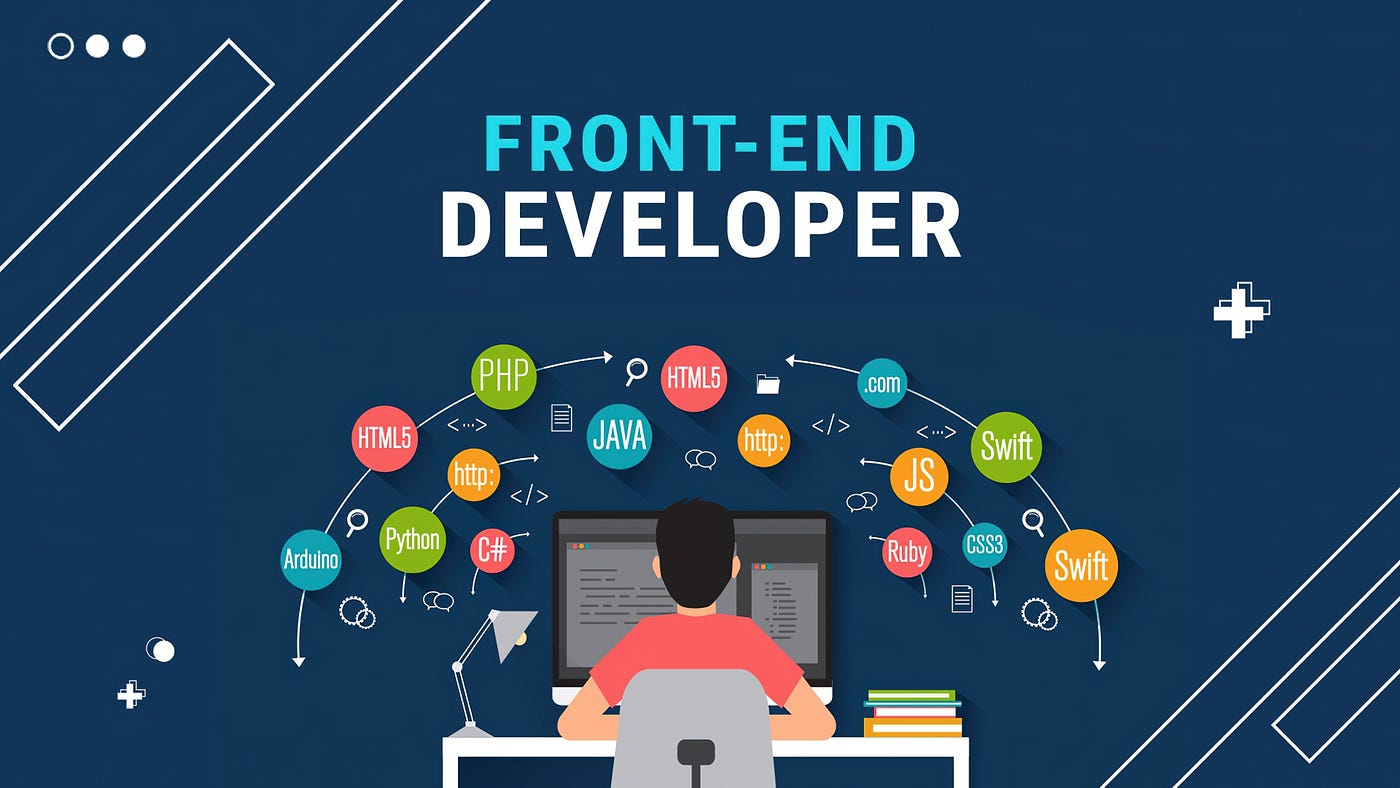About
A frontend developer is a professional responsible for designing, implementing, and maintaining the user interface and user experience of a website or web application. Their primary focus is on the client-side of development, which involves creating visually appealing and functional interfaces that interact seamlessly with the backend systems.
Here's a more detailed description of the role and responsibilities of a frontend developer:
UI/UX Design: Collaborate with designers to translate visual and functional designs into code. Ensure that the user interface is intuitive, visually appealing, and aligned with best practices for usability and accessibility.
HTML/CSS: Proficient in writing clean, semantic HTML markup and styling using CSS preprocessors like Sass or LESS. Ensure cross-browser compatibility and responsiveness of designs across various devices and screen sizes.
JavaScript: Strong proficiency in JavaScript programming language and its modern frameworks/libraries such as React.js, AngularJS, or Vue.js. Implement interactive features and dynamic content on web pages, handle asynchronous requests, and manipulate the DOM efficiently.
Frontend Frameworks: Stay updated with the latest frontend development trends and technologies. Have a deep understanding of frontend frameworks and tools, and select the most appropriate ones for each project.
Version Control: Utilize version control systems like Git for managing and collaborating on code repositories. Follow best practices for branching, merging, and documenting code changes.
Performance Optimization: Optimize frontend performance by minimizing page load times, reducing render-blocking resources, and implementing lazy loading techniques. Conduct performance audits and identify areas for improvement.
Testing and Debugging: Write unit tests and perform manual testing to ensure the quality and functionality of frontend code. Debug issues efficiently using browser developer tools and other debugging techniques.
Collaboration and Communication: Work closely with backend developers, designers, and other stakeholders to understand project requirements and translate them into technical solutions. Communicate effectively and participate actively in team meetings and discussions.
Continuous Learning: Keep abreast of emerging frontend technologies, standards, and best practices. Continuously improve skills through self-learning, online courses, workshops, and participation in developer communities.
Problem Solving: Demonstrate strong problem-solving skills and the ability to troubleshoot technical issues independently. Approach challenges with a creative mindset and explore innovative solutions to overcome them.
Overall, a frontend developer plays a crucial role in shaping the user experience and ensuring the functionality and usability of web interfaces. They combine technical expertise with design principles to create engaging and responsive web applications that meet the needs of users and businesses alike.

